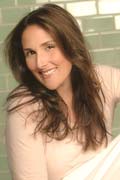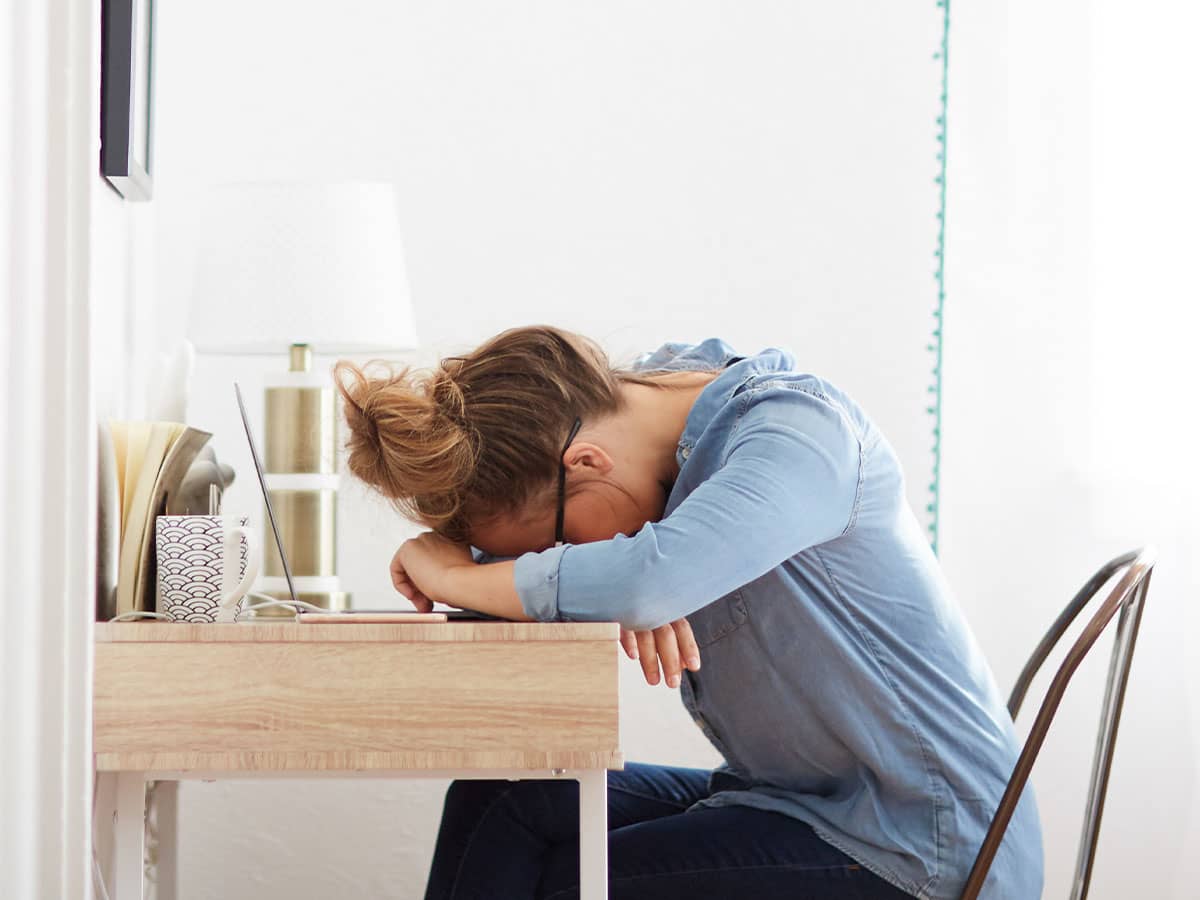
Ricki Lake has been an actress and TV talk show host, but today the roles she's most proud of are producer, activist, and mother. She was able to combine these three roles into one project, a documentary called "The Business of Being Born." The documentary, which comes out on DVD May 5, centers around women who chose to have their children in non-hospital settings, without medical interventions and using traditional, natural methods. The film even depicts Lake at her most vulnerable, naked in her bathtub as she gives birth to her younger son. She talked with Beliefnet about the role of choice in childbirth, how giving birth helped her love her body, and why being a parent is the most rewarding experience of her life.
When it comes to people having babies, there's so much discussion and dissent. How did you feel about adding your voice to the conversation?
Everyone has an opinion. This [movie] has been years in the making. As soon as I had my second birth, I was like, “I have to be a midwife.” I was telling the world, "I'm going to be a midwife." And then, it became this project. In the last year of doing nonstop talking and interviews with journalists, every single time, I get to hear their birth story or their mother's birth story. It's so interesting to me.
The movie is really about educating yourself, empowering yourself, and making the best decision. It's not saying, "Don't give birth in a hospital." But if you're going to give birth in a hospital, you should know some of the statistics and some really important information about what happens lots of times when you go to a hospital setting.
[Birth] is such an incredible rite of passage, and I think we all have emotions attached to it. Through telling my story, I'm not telling everybody to have the experience I had. I was forever transformed, and I look back on it. These moments that are so rare can have such a positive impact on you. I just want women to be connected to and to care about the process of birth no matter what they choose.
Do you think that the way that you gave birth affected the relationship that you have with your children?
I do. I don't think it's to say that a woman who has a C-section isn't as connected, but I do believe that who we are as people, part of that comes from how we're brought into the world. I just do believe that. I think I gave my son a gift when he was able to give birth in the most gentle way, in water. You could see it in his face. He's so alert and so calm and so connected to me. I think it was a really unique experience. It is a gift, and I think it will stay with him. He gets it. He's six, and he knows. He knows that it's special, the way he was born.
Ultimately, what I want is better maternity care for women in this country. I think it's horrific that we have the second worst infant mortality rate in the developed world. It is obscene that we spend two or three times what most other developed countries spend, and yet our outcomes are so much worse. We're up there with Cuba. I want the consumers to do their own homework, their due diligence, ask questions about their care provider, and look at other options and hopefully, try to change some of the laws in the states where they don't recognize midwives.
Do you think that being a parent is a spiritual experience?
Absolutely. All of it. I think every day we get up and we get to have this journey that we're on. We're all on our own path, and it leads us to an even better place, I hope. I'm very much in belief that this connection that we have, this gift that we have to become parents and raise little ones and hopefully raise them to be enlightened beings, it's an incredible job and certainly the most rewarding.
What changed for you between your older son's birth and your younger one's?
I don't know. They were both amazing experiences, and I'm grateful to have had both of them, as different as they were. The second time around I had this feeling, "Oh, my gosh, if I can do that, I can do anything," and it stayed with me. I went through hardships with my personal life and my divorce and all these things which were definitely struggles. Having had that experience and getting through it and looking back on it and saying, "Wow, you know, I did this. I delivered my baby" has made me feel that I can handle any obstacle that's in my way.
I don't agree. I mean, I think a hospital's a great place to deliver if you have a high-risk pregnancy, but it's a very personal decision. I did my own research, and I found what I was comfortable with. I had very low-risk pregnancies. I would have been terrified to have to go to the hospital with my second, but that's my own personal choice. I don't judge anyone for making a different decision, because clearly I'm not the norm. I think less than 1 percent of women give birth at home. So, I know I'm definitely the outsider in this, but that was my own personal choice. I think we have amazing technology today. It's incredible what we've been able to do, the strides we've been able to make, I mean it's incredible they can keep these babies at 23 weeks gestation alive and thriving. But most women don't need that kind of intervention.
You've talked so much about women educating themselves and being involved in the process of having a baby. Do you see a tie between alternative births and feminism?
Yeah. I guess consider myself to be a feminist, but it's about choice. I am pro-choice in every way. I'm pro-informed choice. I'm just pro-empowering women and getting them to make the best decisions for them, and for us to stop judging each other.
Do you think that this movie has a scope beyond women who are expecting?
Definitely. We want it to be a learning tool. We want it to be shown in nursing schools and medical schools. I think it's even appropriate for young people to see it, because it's not gratuitous. There's some nudity and stuff, but the most disturbing part of the film is the C-section we show for a half a second. I think it's really important. There has been incredible interest from different schools. We're also doing a follow-up DVD that's going to be more of an educational tool. Once people have this information, it will be an incredible opportunity for them to make a more informed choice when it comes to birth, because it's such a big deal.
I think it's just such a rare, once-in-a-million opportunity to have a baby. I think it's connected to sexuality. It's connected if you're a victim of sexual abuse or rape. I mean, those things can affect your birth experience, and I think also can be very healing. I was a victim of childhood sexual abuse, and I found my second birth to be particularly healing for me where I learned to accept my body, love my body, appreciate what it is able to do, flaws and all. I think it's an amazing opportunity for women to stop hating themselves as much as we do.
Can you talk about what it's like to be a mother and a celebrity?
I love being a mother more than anything in the world. The public has seen me through both my pregnancies. And they haven't really seen my children. For the most part, you know, my kids have really normal lives. Obviously there are images of them as newborns in this film, but for the most part I want them to have as like normal and low-key an existence as possible.
But, having said that, I live in Los Angeles. It is unbelievable how we are so obsessed with everything to do with celebrities and relationships and who's pregnant and who's just fat. I mean, it's unbelievable. I feel so strongly about just sharing my experience and having people do with it what they will, that [the movie] just felt like a good opportunity for me to do something positive. I have to say, I've done lots of movies and lots of jobs that have been really fulfilling in a lot of ways, but this is by far the most rewarding project I've every done. I feel like it's given my life even more meaning. Being an advocate for moms, for babies, for midwives…it's everything to me.
I am in the best place I've ever been in my life, physically, emotionally, with the work that I'm doing, with my relationship to my children. They're thriving. And I feel like this is the beginning. I think there's still more to come. I'm turning 40 in six months, and I couldn't be happier. I'm really grateful for the opportunity to have been able to express myself in this way creatively, to been seen as a real producer. I made a film that I think will be around a lot longer than a run for two weeks at the local theater.

